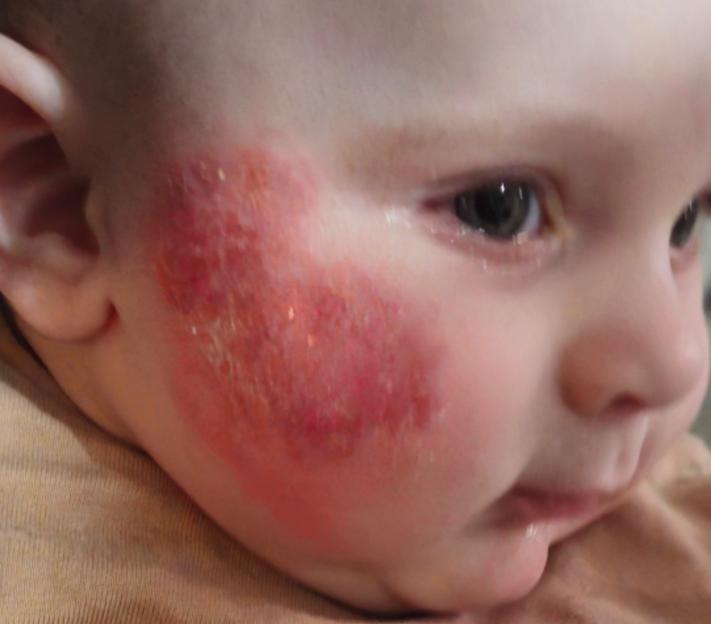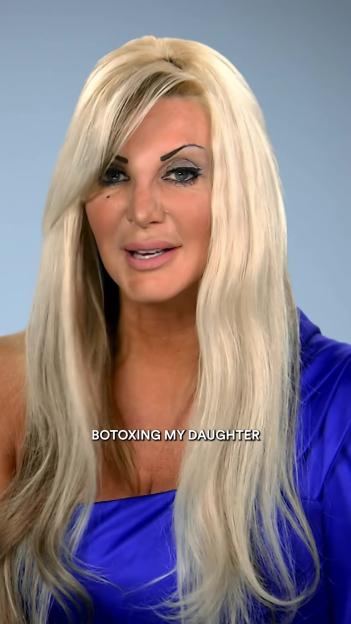WALKING along the island’s crystal-clear shoreline, my partner Heinrich and I smiled as our two year old excitedly pointed to a blue starfish.
But we weren’t on holiday â we were enjoying our morning walk, because we are the only residents of in the Pacific Ocean, where we’re raising our son Lukas.
 Ruby Holmes is raising her son Lukas on One Tree Island in Australia’s Great Barrier Reef
Ruby Holmes is raising her son Lukas on One Tree Island in Australia’s Great Barrier Reef Ruby and her partner Heinrich are station managers and the island’s only residents
Ruby and her partner Heinrich are station managers and the island’s only residentsIn October 2019, Heinrich and I moved here after a friend sent us details of two job vacancies for research station managers to host visiting researchers.
I’d grown up near the coast in and had a degree in marine biology, while Heinrich had worked as a free diver on a remote island, so we were excited to learn we’d both been successful in our interviews.
When we arrived, I was blown away by the beauty.
We had to go six weeks without a food delivery
Surrounded by clear ocean, 100km from the mainland and 20km from the nearest island, it felt like our own paradise.
We’d been working in Australia, , Fiji and Tonga on boats, so it was great to have more space to explore nature and not feel so confined.
But when the struck a few months later, it felt very isolating.
We had to go six weeks without a food delivery, and while we were prepared so didn’t go hungry, I was craving texture after weeks of eating frozen fruit and veg.
Then, in 2021, our island life was left in jeopardy when I became pregnant, as children weren’t then allowed to live on One Tree.
Luckily, The University of , which manages the station, put a child policy in place.
So, we left the island to give birth and returned with our baby three months later.
We questioned if we were doing the right thing, but Lukas adores his daily swims and kayaking with Heinrich.
Of course, having a baby presented a whole new set of challenges.
Our days start earlier, as Lukas loves a 5am wake-up, but the sunrises over the reef are so beautiful that we now adore going for an early morning family walk.
New challenges
He enjoys looking for crabs and likes the porcupine rays.
One night, I even found a mother green sea turtle in our front room!
People assume our life is easy, but it’s not always.
Just before Lukas turned two, he caught scarlet fever from a researcher.
Thankfully, we were able to talk to a doctor on the phone and use antibiotics we keep in our locked medical kit.
Work-wise, we are constantly on call, and because we both work full-time we have an au pair living with us to help with Lukas.
 Ruby says Lukas adores his live on the island
Ruby says Lukas adores his live on the island One Tree Island is surrounded by clear ocean, 100km from the mainland and 20km from the nearest island
One Tree Island is surrounded by clear ocean, 100km from the mainland and 20km from the nearest islandOf course, Heinrich and I argue, but we have great communication skills, which is important when you live and work in close proximity.
We also respect each other’s space â I love to do workouts to blow off steam, while Heinrich has his workshop he can retreat to.
We can’t always get deliveries, so we plan food, medical supplies, fuel, you name it.
Unpredictable weather
We order groceries fortnightly, which come by barge to Heron Island, which can be a two-hour boat trip for us, depending on the weather.
There’s no dash to the store for late-night snacks, which means we eat pretty healthily!
The unpredictable can be stressful, and while we’ve not had a major cyclone, there are evacuation plans in place.
We have satellite phones and internet, but we can’t just pop over to visit family and friends, who we miss.
I don’t worry about Lukas socialising, because researchers sometimes bring children with them and friends and family do visit.
We also try to get off the island three times a year, and go on holidays.
For now, we plan to have Lukas on the island, but we don’t yet know what the future holds.
We feel so lucky to be bringing him up in a simple way without television or tablets.
Hopefully, this experience stays with Lukas and he always remembers the remote paradise we were lucky enough to call home.”;







